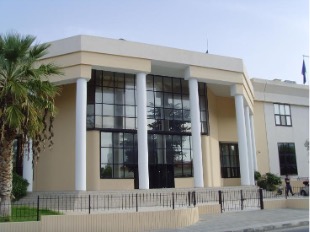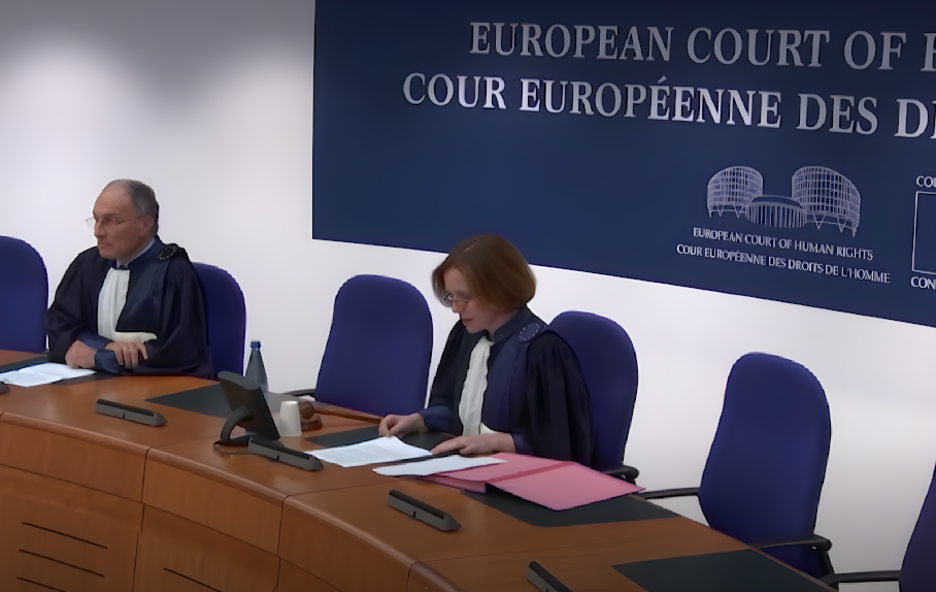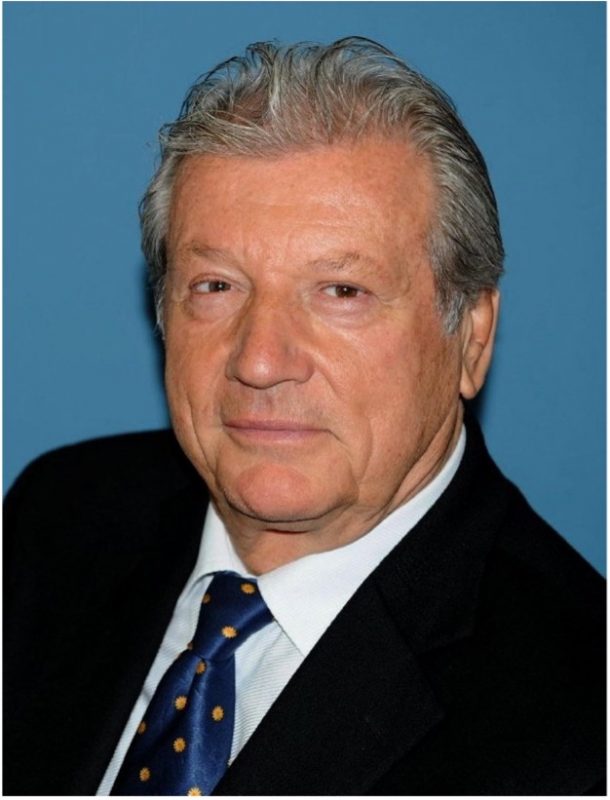By: Sallie Moppert
Impunity Watch News Staff Writer
STRASBOURG, France – The European Court of Human Rights (“ECHR”) handed down a decision on February 21, 2023 that determined no violation of Article 8 of the European Convention of Human Rights had occurred in the case of G.K. v Cyprus regarding the right to respect privacy and family life. The ECHR found that the district courts in Cyprus had properly considered the arguments of all the involved parties and ruled out any harm to the child before ordering his return to his father in the United States.

Photo Courtesy of In-Cyprus.
G.K., a native of Cyprus, married a US citizen (“Father”) in 2016 and the couple had a son born that same year. One year later in October 2017, G.K. filed a domestic violence complaint against the Father and subsequently sought an order of protection before moving to a safe house. She eventually took her son, now one-year-old, from the US back to Cyprus with the assistance of the Cypriot authorities. The son was granted Cypriot nationality and a passport during this time.
The Father hired private detectives to locate G.K. and their son, eventually tracking them down in Cyprus. In 2018, he requested the US authorities to apply to the Cyprus authorities under the Hague Convention for the son’s return to the US. The Cypriot authorities filed an application and affidavit in the Family Court in Paphos, Cyprus requesting the son’s return to the US. G.K. objected, claiming that the son would be in danger due to the Father’s prior record of violence. The Father refuted these allegations and provided an affidavit that he had a stable job and could successfully provide for his child.
After an adjournment and postponement due to the Covid-19 pandemic, the Court eventually ruled that the son should be returned to the US. The Father was determined to be a credible witness with consistent and persuasive testimony and evidence, while G.K.’s version of events was general, vague and contradictory. The Court found that she failed to provide evidence to demonstrate why the son should not be returned to the US. G.K. appealed, and the Family Court of Second instance affirmed.
G.K. argued that her right to private and family life under Article 8 of the European Convention on Human Rights was violated due to the unreasonable length of the proceedings and the Court’s decision to return her son to the US without adequately assessing the situation and risks involved. The Court disagreed, stating that the return of the son to the US was not an immediate decision, instead only being made after G.K. had the opportunity to cross-examine the Father, and the domestic courts had considered all the arguments of the parties before making a decision that was in the best interest of the child. The Court also determined that G.K. had not suffered a disproportionate interference with her right to respect for her family life.
For further information, please see:



